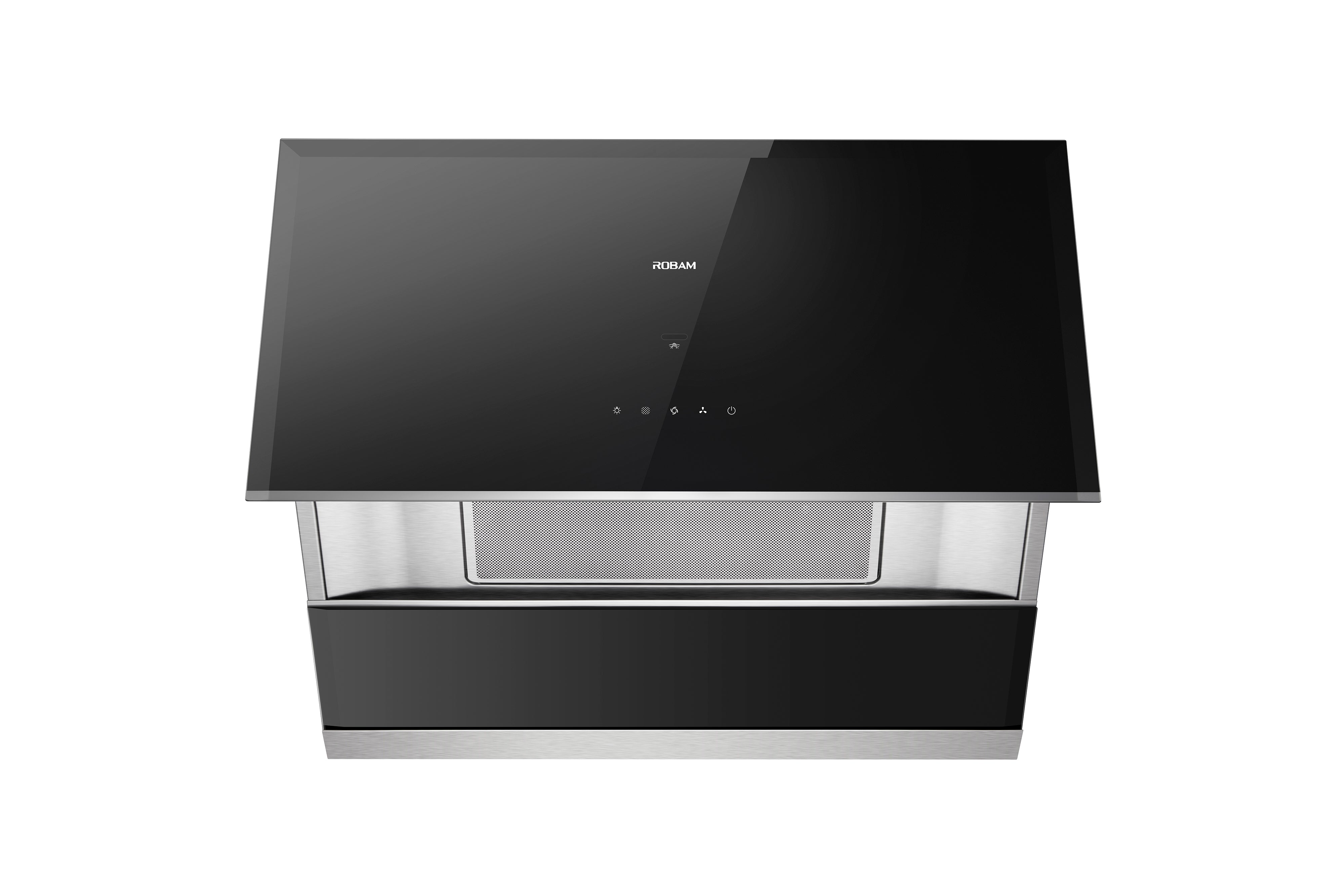There are various heating methods and cooking fuels available for home and professional chefs. One of the most popular cooking methods is to use open flames, and the two most popular fuels for those flames are propane and natural gas. If you know you want one of those cooking fuels in your kitchen but don’t know how to pick between them, we can help. Keep reading to learn about the important comparisons between propane and natural gas cooking fuels.
Pros of Propane
Propane is a highly concentrated, powerful fuel extracted from crude oil and petroleum gas during their refinement processes. It creates over 2,500 BTUs in one cubic foot, which generates lots of heat and energy. While it’s not a green fuel, it’s safer for the environment than natural gas since it won’t damage the environment if it leaks out. Another benefit of propane is that it often comes in portable canisters that work without electricity, which is good for off-grid experiences like grilling or during power outages.
Cons of Propane
Very few companies create propane lines for in-home appliances like cooktops, which makes it difficult to use it for cooking inside your home. The high BTUs per cubic foot it gives off also require a large range hood to cool your cooking area to a safe temperature. As you might expect, propane is highly flammable, so you must exercise caution when using it as well.
Pros of Natural Gas
Natural gas is primarily methane and comes from the ground. People consider it one of the cleaner fossil fuels. Many homes already have natural gas lines, which means you can install gas cooktops with relative ease and start cooking almost immediately. The roughly 1,000 BTUs per cubic foot that natural gas creates seems low compared to propane, but this is still a good amount of energy for most cooking needs. Natural gas cooktops are more responsive to temperature changes than the common electric alternative, so many people prefer it because it allows for more precise cooking.
Cons of Natural Gas
Unfortunately, gas leaks are a risk when using natural gas. A gas leak is poisonous to the environment and people’s health. It is important to have a carbon Monoxide alarm in your home to detect any leak of natural gas..However, as a safety precaution, newer gas cooktops often have shut-off valves when the flame is out. Plus, range hoods can help expel the dangerous gas in an emergency...
Comparing cooking fuels is necessary as you decide how to outfit your kitchen. Propane and natural gas are both viable cooking fuels, but natural gas is often easier to access, and many in-home appliances can already use this fuel. If you’re looking for gas cooktops for sale, ROBAM offers four high-end options to pick from that you’re sure to love in your home.



















